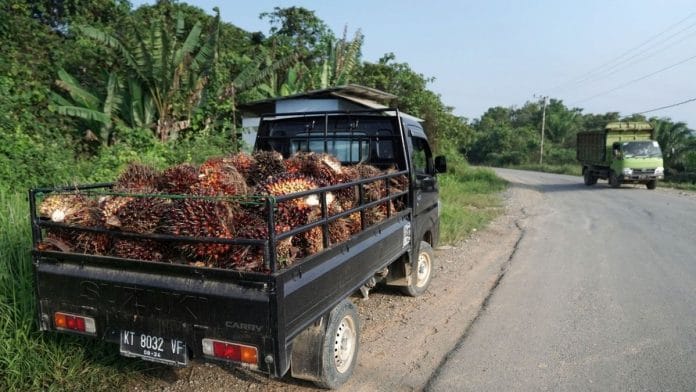Jakarta: Palm oil has lost a major pillar of support after top producer Indonesia lifted a ban on exports, paving the way for prices to slump further as supply builds and demand languishes.
Futures were already lower this week on expectations Indonesia’s ban would be short-lived, and late Thursday President Joko Widodo said that exports can resume from May 23. This is after considering improvements in domestic supply and prices, as well as the 17 million workers in the industry, he added.
Indonesia’s ban, which was imposed since April 28, was one of the biggest acts of crop protectionism since Russia’s invasion of Ukraine, which stymied exports of sunflower oil and worsened a global shortage. Palm oil is used in everything from food to soap to fuel, and the move by Indonesia pushed up prices even more, although they have since retreated due to weak demand in top buyers.
The tropical oil may tumble to 5,000 ringgit ($1,135) a ton by July or August because of ample supply in the market, said Tajgir Rahman, general manager of oils and wheat trading at Savola Foods. “A lot of demand destruction has happened in the last few months as palm has become expensive.”
Data from cargo surveyors showed Malaysia’s palm oil exports shrinking to India and China, the two biggest importing nations, in the first half of May even as overall shipments climbed. High prices have stifled demand from both countries, with China’s situation exacerbated by strict Covid lockdowns.
Ministers may announce further measures to manage domestic prices and the supply of cooking oil at 10 a.m. local time Friday.
Still, “the drama may not end here,” said RHB Research analyst Hoe Lee Leng. More policy changes may be in store, including possibly an increase in the ceiling price for bulk oil, the appointment of an entity to ensure domestic supply, a higher export levy or even restoring the domestic market obligation scheme with different parameters, she said in a note.
Futures in Kuala Lumpur fell as much as 2.4% to 5,925 ringgit in the overnight session, the lowest intraday level since April 11, before trading at 6,052 ringgit by 10:48 a.m. Veteran trader Dorab Mistry forecast earlier this month that palm oil may sink to 5,000 ringgit by June and to 4,000 ringgit by September once Indonesia relaxes its export ban and the war in Ukraine is resolved.
Also read: A messy irony: why Indonesia banned palm oil exports






